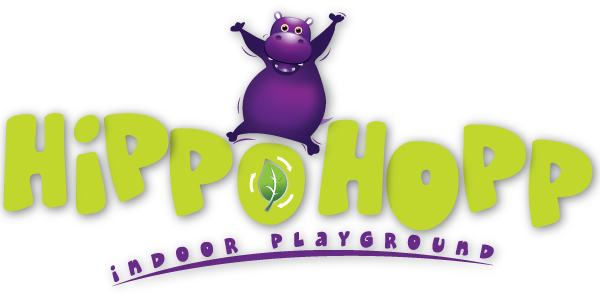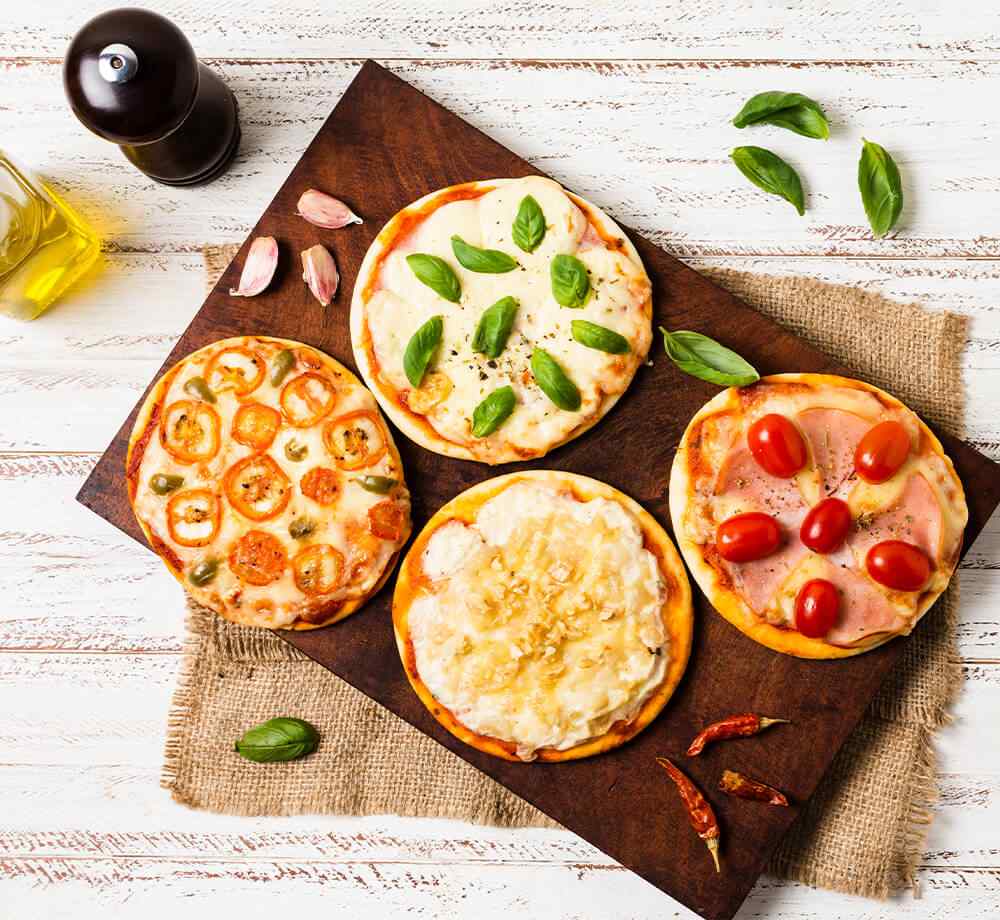Veganism is a rapidly expanding diet change for people of all lifestyles, for a variety of reasons. Health, dieting, and environmental consciousness are all great reasons to consider making the switch. It isn’t an easy one. As “The Thriving Vegan” says in her blog, “there are tons of stereotypes that vegans are forever hungry, weak and nutrient deficient.”1 And beyond social pressures, there are health concerns, and a host of inconveniences. Not to mention simply missing the taste of meat and animal products. But still, many proponents of veganism consider it more than worth the effort.
Source: https://i.pinimg.com/originals/a5/94/27/a594277393ce4665a5f066d9b3f0fff2.jpg
Even plenty of meat-eaters see the benefits a vegan diet could provide. It’s not exactly controversial. There’s very few downsides as long as you’re smart about it and make sure to get all the nutrition your body still needs. But there’s a growing question among vegans, health experts, and parents: should I make my kid be vegan?
It’s a complicated question. To some, making your kid be vegan looks like imposing your worldview on an impressionable mind. But at the end of the day, parents all have to make diet decisions on behalf of their children. From the very beginning: breast feeding or formula? And as they grow up: how much sugar is okay? What “brain foods” should I send them to school with? School lunch, or pack a bag? There’s already so many questions for parents about their kids’ diets, that going to the extreme of veganism or vegetarianism isn’t as much of a stretch as critics suggest.
Still, there are concerns. Recently a couple in Australia were sentenced to 300 hours community service for failing to give their daughter sufficient nourishment while keeping her on a vegan diet.2
But it is possible, experts say. The key is caution, and doing so with the guidance of a pediatrician and dietician. Some necessary vitamins and nutrients are difficult to find without using animal products. Vitamin B12, vitamin D, calcium, iron, protein, and fiber are particularly important. Vegans can find substitutes or take supplements.
Source: https://media2.fdncms.com/portmerc/imager/u/original/24193769/1541105185-screen_shot_2018-11-01_at_12.03.10_pm.png
Another huge concern is simply not getting enough calories or protein. These are concerns for vegans of all ages, but with children — especially infants and toddlers — small mistakes can go a lot further. As a parent, your top priority is obviously your child’s health. The good news is, it can be done. And it can be done completely safely. You won’t find all the details in this post, it’s something you need to spend a long time researching and discussing with your doctor.
The good news is, the tide is changing for vegans. Vegan restaurants and grocery options are becoming more and more accessible, and therefore more affordable.3 For instance, the very company you’re reading this post on offers vegan options at their in-store cafe! https://hippohopp.com/hippo-cafe/
Going vegan is a difficult decision to make and follow through on, but with enough support and caution, it can be the right thing to do.
1 https://thethrivingvegan.com/vegan-struggles/
2 https://www.nytimes.com/2019/08/24/health/vegan-parents-malnourished-baby.html
3 https://www.foxnews.com/food-drink/going-vegan-getting-easier-more-popular


